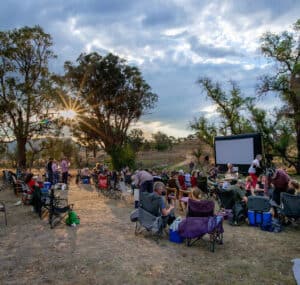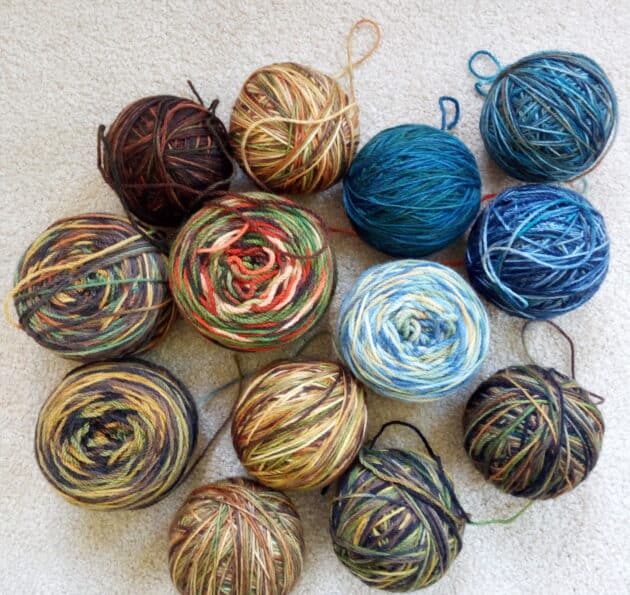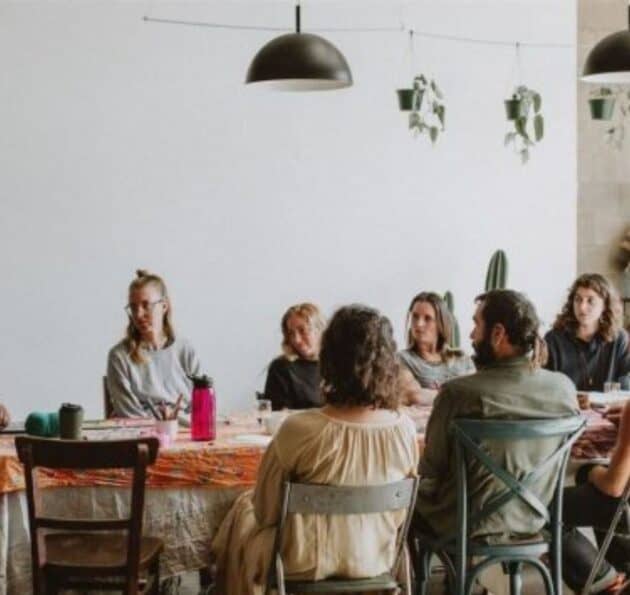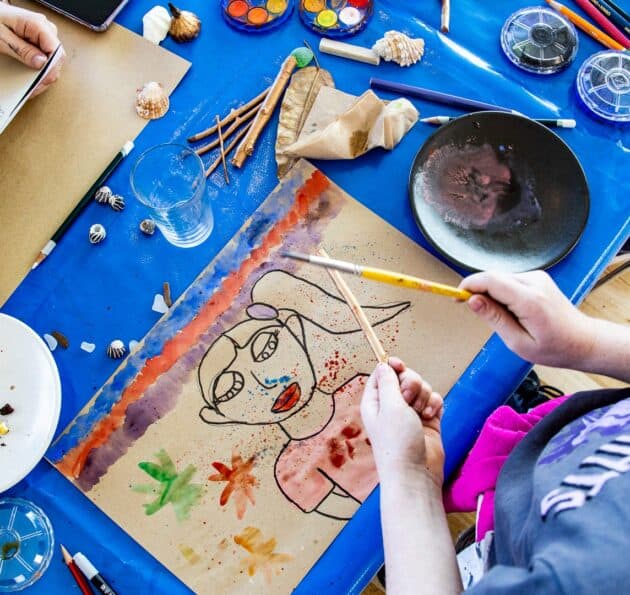Case studies
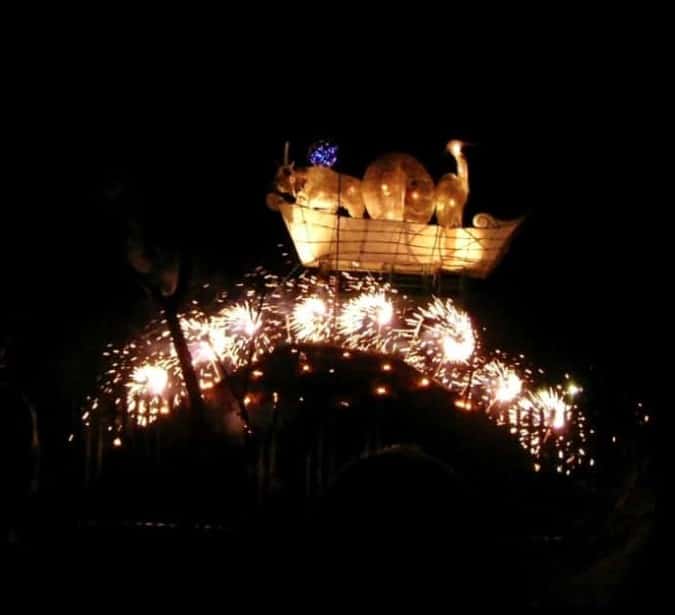

A New Role for the Artist: A Manifesto
The Welfare State
Founded in 1968 by John Fox and Sue Gill, Roger Coleman and others, Welfare State International (WSI) was a loose association of freelance artists bought together by shared values and philosophy.
WSI first became well known for large-scale outdoor spectacular events. When the company began, taking art out of theatres and galleries into the street was considered revolutionary. The company’s name was originally ‘The Welfare State’ offering art for all on the same basis as education and health.
Under the Welfare State umbrella, a remarkable group of engineers, musicians, sculptors, performers, poets and pyrotechnicians invented and developed site-specific theatre in landscape, lantern processions, spectacular fireshows, community carnivals and participatory festivals. These creations were by turns beautiful, abrasive, didactic, provocative, disturbing, wondrous and even gently therapeutic.
Community arts in Australia has its roots in this collective and the philosophy they grew.
Population growth, global warming, scarcity, religious and cyber wars, famine, environmental degradation, nuclear proliferation and refugees, signal EMERGENCY. As our financial and religious frameworks are also collapsing, and our media drives anxiety, DEPRESSION looms. So how do we celebrate what is worthwhile and gives us peace of mind? Traditionally some artists have offered inspiration. In our consumer culture however, many of us, including artists, are hi-jacked by spectacle, novelty and celebrity, and encouraged to create investment product.
In this unsettling time we must look to process to find the ground rules of a culture, which may be less materially based, but where more people will actively participate and rejoice in moments that are wonderful. A culture where more of us grow and cook our own food, build our own houses, name our children, bury our dead, mark anniversaries, create new ceremonies for rites of passage and devise whatever drama, stories, songs, music, pageants and jokes that enable people to live more creatively.
Dominant fashionable so-called art, currently perpetuated by a small number of cultural gate-keepers, their institutions and their manipulative dealing, needs to be re-colonised as a mode of intuitive knowledge with a vernacular root. (vernacular – any value that is homebred, homemade, neither bought nor sold on the market).
A new role for the artist as catalyst, hands on facilitator and celebrant who recognises the artist in us all and liberates the innate creativity of every age through participation and collaboration. A society where re-generation is of the soul and not of economics.
JOHN FOX. MBE. 22 January 2018
Related Case Studies
SUBMIT YOUR CASE STUDY
